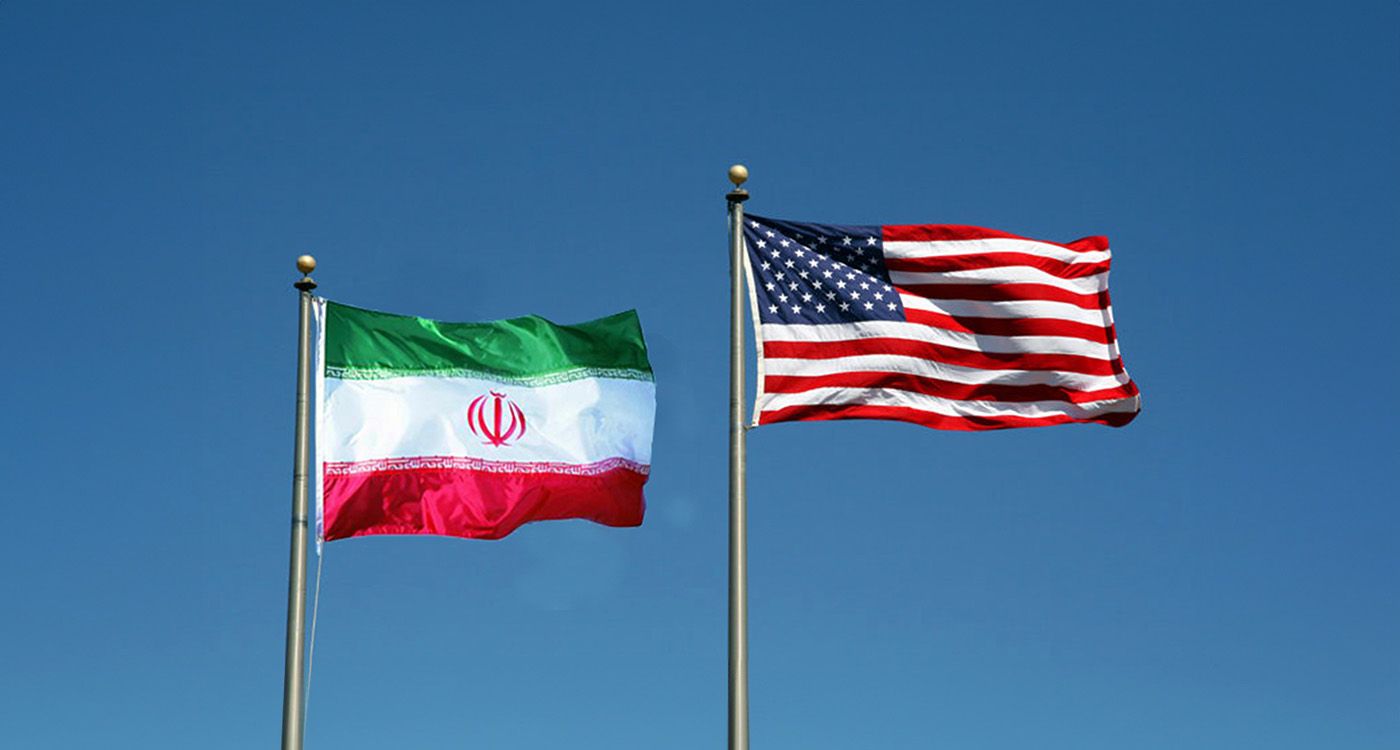- Home
- Middle East
- US Strategy on Iran: A Call for 'Maximum-Pressure Approach' Amid Rising Tensions

©Shutterstock
As tensions in the Middle East escalate, US officials are increasingly advocating for a robust response to the dual challenges posed by Iran: its pursuit of nuclear weapons and its sophisticated military capabilities. This strategy emphasizes the urgent need for a comprehensive approach to address these complexities and leverage recent setbacks faced by Iran.
Nuclear Ambitions and Regional Influence
Iran's ongoing pursuit of a "dangerous" nuclear agenda has raised alarm among experts and policymakers alike. As its regional influence expands, there is a consensus that the United States must adopt a multifaceted strategy that incorporates not only military engagement but also diplomatic and economic measures. "We need to reshape the geopolitical dynamics of the Middle East," experts argue, highlighting the essential role of a broad strategy in countering Iranian aggression.
B-2 Bombers in Range of Iran
Recent military maneuvers by the United States signal a clear intent to deter Iranian threats. The deployment of B-2 bombers in the Indian Ocean places them within striking distance of both Iran and Yemen. A spokesperson for US Strategic Command stated that this move aims to "deter, detect and, if necessary, neutralize strategic threats against the United States and its allies." President Donald Trump's intensified military campaign against the Houthis has further escalated tensions, with increased airstrikes targeting their military capabilities. William Wechsler, a senior director at the Atlantic Council's Middle East programs, underscored the military's purpose to the Wall Street Journal, "This serves as a message that the Iranians must recognize."
The Imperative of a 'Maximum-Pressure Approach'
President Trump's recent revisions to US policy toward Iran highlight a shift towards a "maximum pressure" strategy, conveying a clear message that Iran can no longer act through proxies without facing serious consequences. Dana Stroul, Director of Research at the Washington Institute for Near East Policy and former US Deputy Assistant Secretary of Defense for the Middle East, emphasized, "We must embrace policies that bolster national security while promoting regional stability and collaboration, particularly with allies like Israel and Arab nations."
As the call for a "maximum-pressure approach" gains traction, experts stress that a robust policy aimed at countering Iran's malign activities is imperative. "The Iranian regime's pursuit of a nuclear program, coupled with its expanding military capabilities, places the United States at a critical juncture," they contend. A comprehensive strategy that fuses diplomatic, economic and intelligence measures is seen as vital to countering Iran's aggressive posture.
Intelligence Assessments and Rising Nuclear Threat
Recent intelligence assessments further underline the urgent need for a maximum-pressure approach. Reports indicate that Iran is approaching the capability to produce high-enriched uranium, a critical step towards developing nuclear weapons. As the International Atomic Energy Agency (IAEA) faces increasing challenges in monitoring Iran's nuclear activities, concerns of potential escalation grow. The Iranian regime's steadfast commitment to its military programs, even amid stringent economic sanctions, reflects a complex strategy to sustain its power without direct military confrontation.
Chairman of the House Foreign Affairs Committee, Brian Mast, reiterated the administration's stance by stating that President Trump aims to engage with Iran to peacefully dismantle its nuclear weapons and ballistic missile programs. He warned that failure to comply could result in military action. National Security Advisor Mike Waltz echoed this sentiment, stating that the goal is the "full dismantlement" of Iran's nuclear energy program. He emphasized, "Iran has to give up its program in a way that the entire world can see," reiterating the stance that Iran must not be allowed to maintain a nuclear weapons program, which encompasses both weaponization and strategic missile initiatives.
Enhancing the Sanctions Regime
Experts suggest the US must enhance its sanctions framework to implement a maximum-pressure policy effectively. This includes targeting Iran's oil revenues and scrutinizing the extensive financial networks supporting its military ambitions. Experts argue that tightening enforcement measures aimed at shipping lines and financial institutions involved in illicit transactions with Iran will be crucial in undermining the regime's ability to finance its military operations and destabilizing activities. "This approach is essential for reshaping the geopolitical landscape in the Middle East," they assert. Moreover, professionals, activists and leaders are advocating for increased pressure on Iran through its proxies. The proposed Hezbollah Accountability Act (HAA) aims to target Hezbollah's funding sources and operations as part of a broader strategy to contain Iranian influence.
Building an Allied Coalition
A central tenet of the proposed strategy is forming a coalition of allied nations committed to exerting collective economic pressure on Iran. Stroul emphasizes that building an allied coalition will enhance "our capabilities significantly." By engaging with like-minded countries, the US aims to create a united front capable of confronting Iranian actions and influence in the region.
In the context of reviving diplomatic negotiations, experts stress that the US must deliver a clear message about the consequences of non-compliance. The US should convey that while dialogue is a potential path forward, any further escalation of Iran's nuclear program will lead to increased isolation and stricter sanctions. Axios reports that "the White House is seriously considering an Iranian proposal for indirect nuclear talks" while simultaneously increasing US military presence in the Middle East in case President Trump chooses to pursue military strikes, according to two US officials.
As the stakes rise, the need for a cohesive and comprehensive strategy becomes ever more critical. The outcomes of these efforts will likely shape the future of US-Iran relations and broader Middle Eastern geopolitics.
Read more




Comments